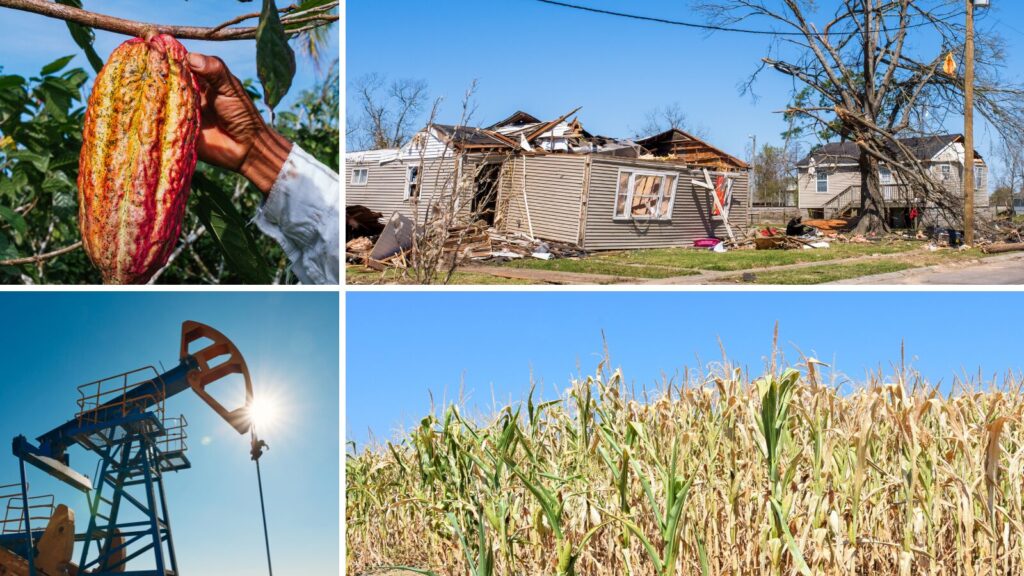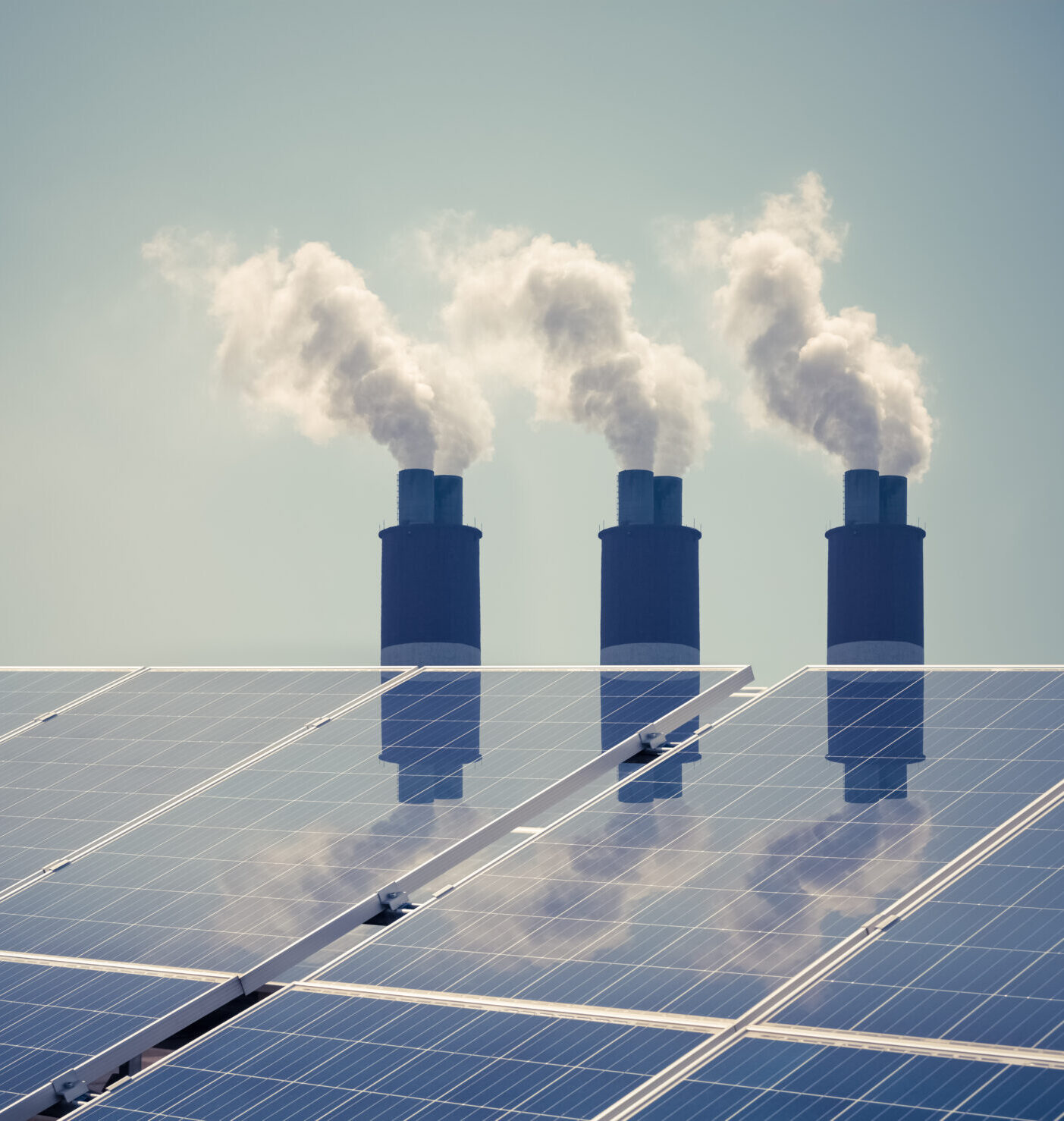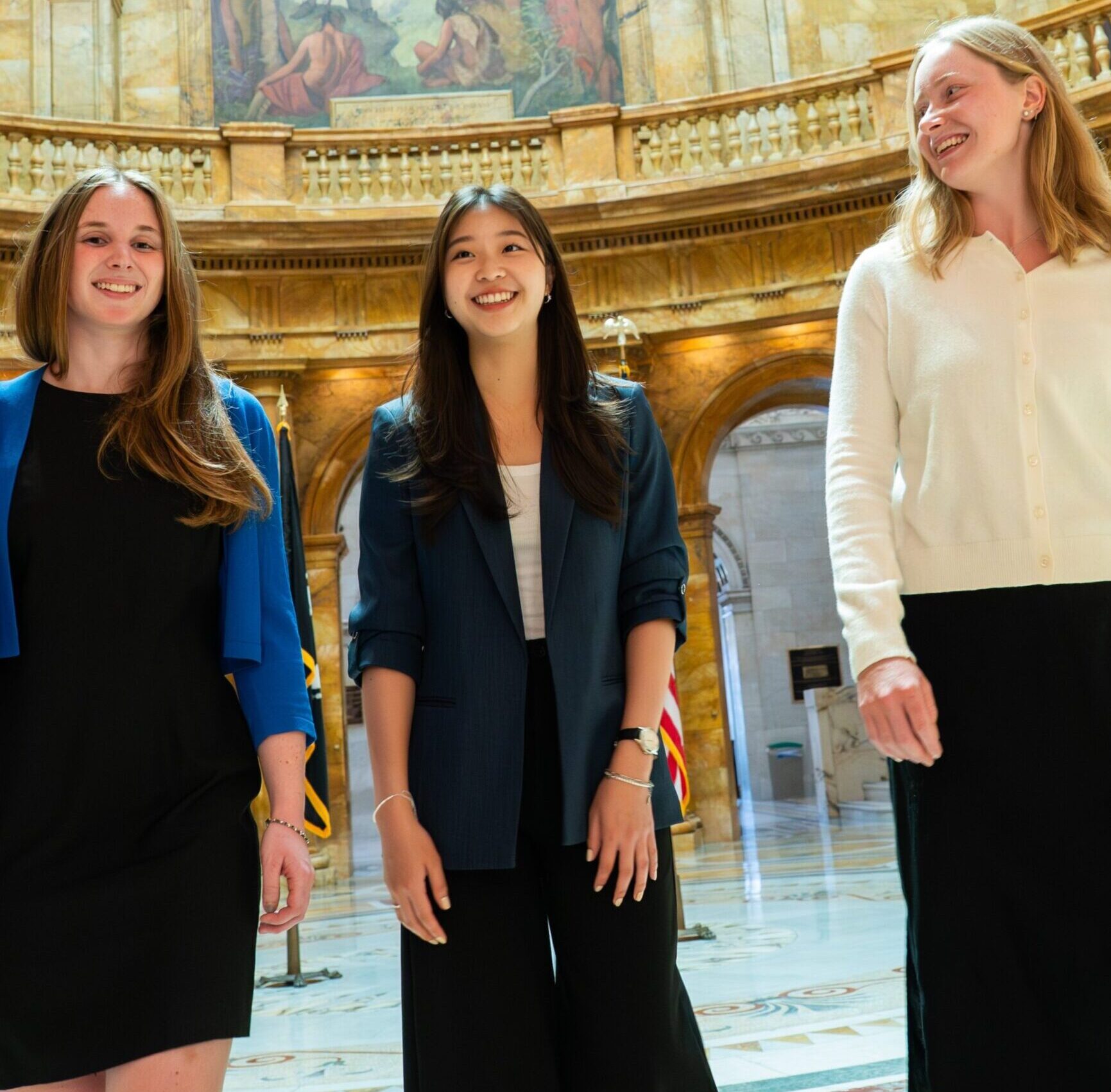From cocoa to Kazakhstan: Harvard funds eight more climate research projects
The Salata Institute Seed Grant Program supports new research, encourages new interdisciplinary partnerships, and enables faculty whose work is not normally in climate and sustainability to apply their expertise to the climate challenge. With the addition of these eight awards, the Salata Institute now supports 45 research projects on understudied and emerging climate topics through this program.
The Salata Institute is aggressively expanding climate and sustainability research at Harvard University. Since its launch in June 2022, the Institute has awarded over $13.3 million in climate and sustainability research funding, supporting the work of 85 faculty from across the university.
Harvard faculty members interested in the Salata Institute Seed Grant Program, which is supported by a gift from the Troper Wojcicki Foundation, can access the current call for proposals here to learn more about the program. Applications are considered twice per year, with deadlines on the first Friday of February and of October.

Impacts of rising temperatures on plant productivity and crop yield
Michele Holbrook, Charles Bullard Professor of Forestry, Department of Organismic and Evolutionary Biology; Director, Harvard Forest
Rising temperatures are widely anticipated to reduce the productivity of agricultural crops and forests. The physiological basis for these impacts is clear: exposure to high temperatures adversely affects plant tissues, resulting in membrane leakage and damaged photosynthetic machinery.
Though current models largely assume thermal parity between plant tissues and air, access to water, or drought, can change leaf temperatures. Thus, the impact of rising temperatures on plants will be closely coupled with soil moisture, transport physiology, and atmospheric humidity. Substantial opportunity exists to advance understanding and skill in predicting how rising temperatures will affect plants.
This grant supports a workshop of plant physiologists, hydrologists, agricultural economists, and climate modelers to spearhead collaborations and to exchange knowledge aimed at identifying uncertainties in how rising temperatures affect plant functioning.
The future of Africa’s cocoa industry
Emmanuel K. Akyeampong, Ellen Gurney Professor of History and Professor of African and African American Studies, Oppenheimer Faculty Director of the Harvard University Center for African Studies; Carla D. Martin, Lecturer in the Department of African and African American Studies
For decades, the price of cocoa has been too low to support a living income for the 5 to 6 million producers globally. Industrialization has led to the underdevelopment of cocoa-growing regions, particularly in West Africa, which produces 70% of the world’s supply. Now climate change is further hurting production. This year, yields have dropped while prices have skyrocketed to their highest levels since the 1970s.
To make relevant policy recommendations at both local and international levels, there is an urgent need for research that directly engages with producer needs and that actively includes producers in decision-making processes that affect their livelihoods.
This seed grant supports a workshop to bring together leading scholars and practitioners engaged in the study of the impact of climate change on the health, livelihoods, and agricultural practices of cocoa producers and their communities. During this workshop, researchers will investigate the governance and policies needed to support cocoa producers as full citizens with voice and agency.
Supporting Kazakhstan’s green transition
Eve Blau, Faculty Director of the Davis Center for Russian and Eurasian Studies; Nargis Kassenova, Senior Fellow at the Davis Center and Director of its Program on Central Asia
Energy-rich Kazakhstan is the largest greenhouse-gas emitter in Central Asia and ranks second only to Russia among the former Soviet republics. Oil contributes over half of Kazakhstan’s export revenues, and the country’s energy mix is heavily dependent on coal.
Despite this substantial reliance on fossil fuels, Kazakhstan possesses vast untapped renewable energy potential. If effectively harnessed, Kazakhstan could emerge as a regional leader in the energy transition and demonstrate how middle-income, fossil-fuel-dependent countries can achieve economic growth while pursuing decarbonization. To that end, the country has an ambitious decarbonization strategy. But it needs actionable frameworks to make the plan a reality.
A workshop bringing together experts from Harvard and Kazakhstan will help the country navigate the uncertainties of its energy transition: by identifying emerging issues and trends, exploring uncertainties and potential disruptions, and envisioning alternative futures.
Public reactions to withdrawals from international climate agreements
Lotem Bassan-Nygate, Assistant Professor of Public Policy, Harvard Kennedy School
How does withdrawal from international agreements shape public opinion? This seed grant will fund a nationally representative survey focusing on Donald Trump’s withdrawal of the United States from the 2015 Paris Agreement.
While previous research has explored the causes of state withdrawal from international organizations and its effects on institutional policies, its impact on public opinion remain understudied—especially in climate policy. Withdrawal could either erode support for climate policies or provoke a backlash that fuels mobilization. To investigate, the researchers will expose participants to scenarios of withdrawal, continued participation, or uncertainty and assess how these affect attitudes toward climate policies, international institutions, and political leaders. The study will provide insights into how real-world actions influence public opinion.
Atmospheric water harvesting through soft engineered materials
Joanna Aizenberg, Amy Smith Berylson Professor of Materials Science, John A. Paulson School of Engineering and Applied Sciences; Frank Keutsch, Stonington Professor of Engineering and Atmospheric Science, Professor of Chemistry and Chemical Biology
For at least a month per year, two-thirds of people around the world use more water than is naturally available to them. Water vapor harvested from the air in an energy-free, affordable, and decentralized way could help address the shortfall, but traditional methods require abundant land and produce limited quantities.
Harvard researchers have developed a new material that promises a three-fold increase in water harvest in temperate climates. It starts by radiating away heat. Then the cooled material serves as a surface to collect condensation. They have been testing the material in an indoor humidity chamber that simulates outdoor nighttime conditions. With seed grant funding, they will validate their results with outdoor experiments in Boston to assess scalability and performance at various humidities and environmental conditions.
Moreover, their preliminary studies demonstrate that radiative cooling materials can also lower local ambient temperatures, potentially enhancing resilience during heat waves.
Wildfires and the resilience of commercial activity
Rachel Meltzer, Plimpton Associate Professor of Planning and Urban Economy, Graduate School of Design
Extreme climate events such as wildfires are affecting the economic fundamentals of real estate markets across the United States. Yet relatively little is understood about how the risks affect the decisions to invest in and use commercial infrastructure. Recent fires in California, one of the costliest climate disasters in recent history, demonstrate the urgency of filling this knowledge gap.
This seed grant will fund a study into how wildfires impact the creation, destruction, and valuation of commercial properties, as well as how the increased risk from the fires is differentially borne by property owners, tenants, and consumers in California.
The team aims to advance this understanding in two ways. First, by evaluating how wildfire harms and risks affect the types and intensity of commercial services and productivity. Second, by quantifying how wildfire harms and risks are capitalized into commercial property values and rents, and by exploring the mechanisms through which these harms lead to real estate price adjustments. Altogether, the findings will inform the nature of and timeline for economic resilience in the aftermath of large wildfire events.
Adaptation frontiers in vulnerable socio-economic systems in Brazil
(co-funded by the David Rockefeller Center for Latin American Studies)
Eugene Richardson, Assistant Professor of Global Health and Social Medicine, Harvard Medical School
Climate adaptation efforts must reckon with the fact that a community’s resilience is not only a function of geophysical limits and material resources but also of cultural value systems and norms, social learning and memory, mental models and knowledge-system integration.
By collecting pilot data to support a future grant proposal, researchers based at the HMS Planetary Health Lab will focus on how climate change uncertainty is integrated into the lived experience of routinized and quotidian forms of crisis for severely impoverished communities in the Northeast region (Nordeste) of Brazil. The project will generate and test theories about how political, economic, social, and ecological factors shape the cognition of, and ability to adhere to, various climate change adaptation strategies in these vulnerable communities.
Impacts of government-provided weather insurance: Evidence from India
Emily Breza, Frederic E. Abbe Professor of Economics
This seed grant will study how the Indian rural poor are influenced by government crop insurance protecting against natural disasters like flooding and drought. The research team will ask how formal insurance drives network formation within villages and shapes the dissipation of shocks, and how social networks influence take-up of government insurance. Together, these two pieces of evidence shed light on how public policy can help the poor cope with global warming.
The team will first examine how access to government weather insurance affects farmers’ climate adaptation behaviors. For example, weather insurance may allow farmers to continue to cultivate risky plots and make costly but high-returning input investments. Policies may also decrease the need for other costly mitigation strategies such as migration. Next, they will focus on the interaction between formal crop insurance and the informal insurance that already exists extensively within rural villages, by which neighbors share risk with one another, aiding each other during difficult times.
Read about the last round of seed grant awards here.









